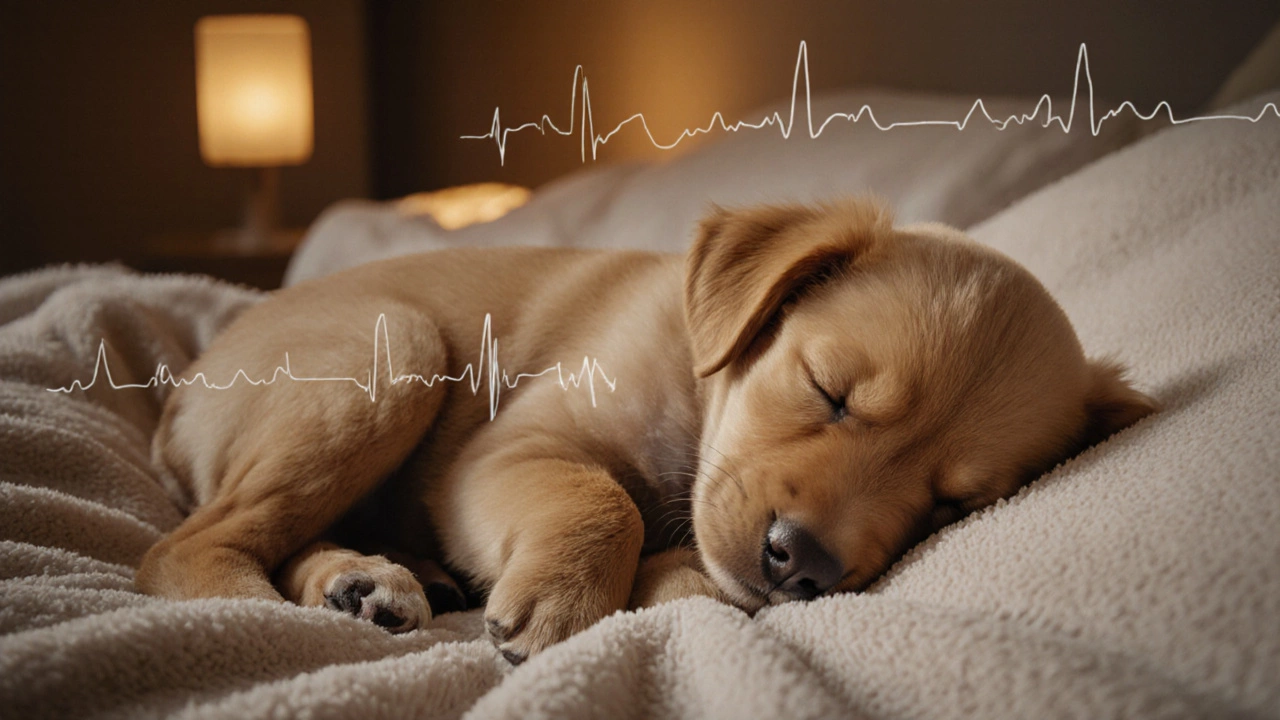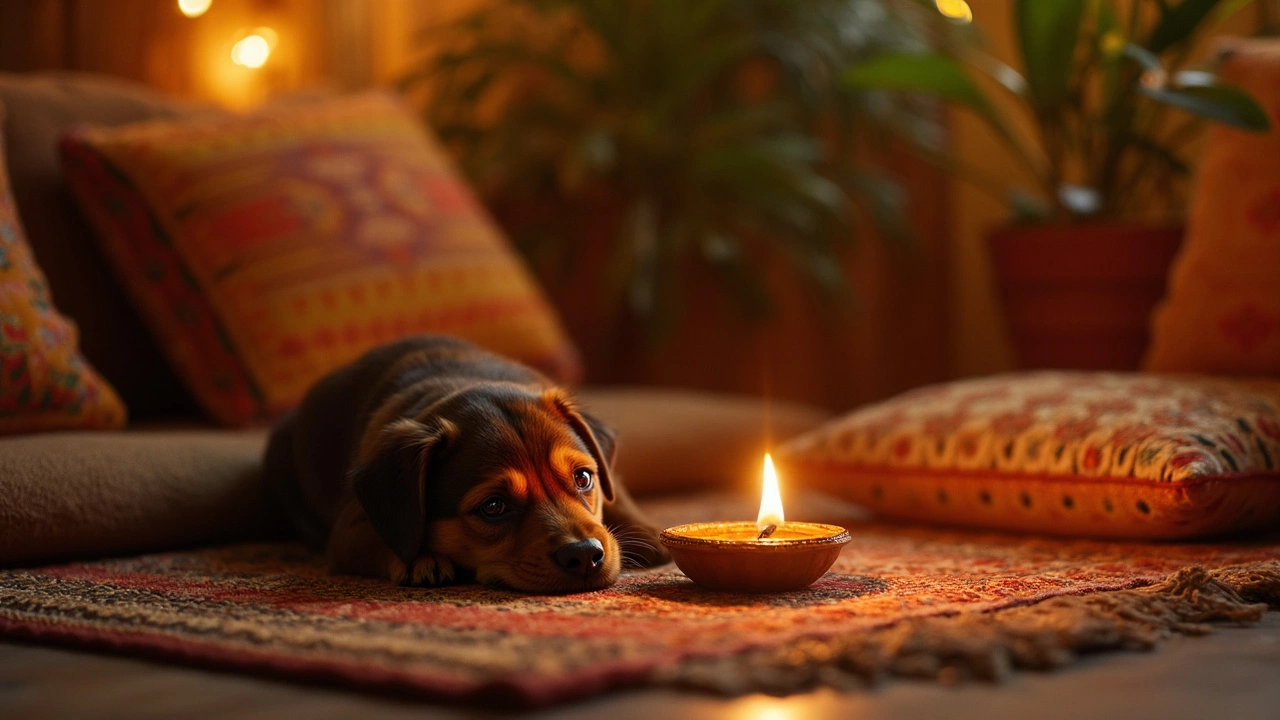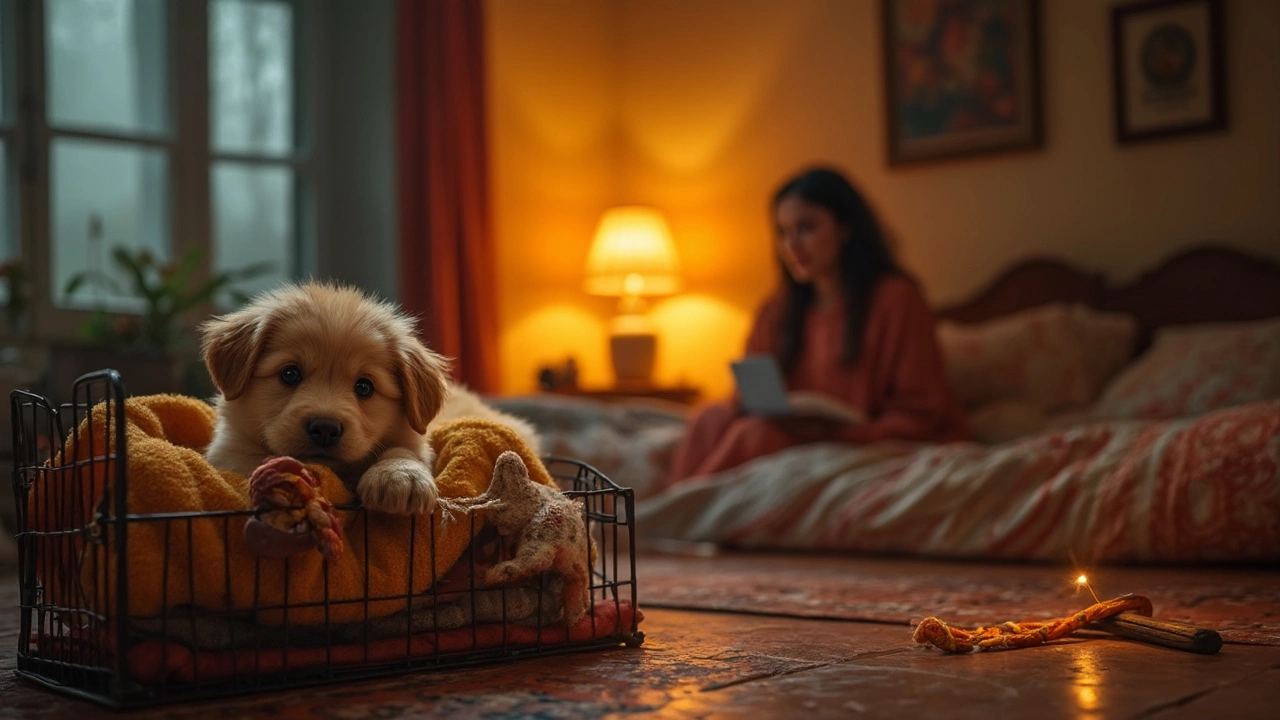Puppy Sleep: Simple Steps to Give Your New Dog a Better Night
When you bring a puppy home, the first thing you notice is how much they sleep – and how often they wake up. It can feel like a constant cycle of naptime, playtime, and a frantic search for the next bathroom break. The good news? Understanding a puppy’s sleep needs and setting a routine can turn those sleepless nights into calm, restful evenings.
How Much Sleep Does a Puppy Really Need?
A typical 8‑week‑old puppy needs around 18‑20 hours of sleep in a 24‑hour period. That sounds like a lot, but it’s normal. Puppies spend most of that time in short bursts of deep sleep, followed by brief periods of wakefulness to eat, potty, or explore. As they grow, the total sleep time drops to about 14‑16 hours by the time they’re six months old.
Why so much rest? Their bodies and brains are still developing. Sleep helps them process what they learned during the day, builds muscle, and supports a healthy immune system. Skipping sleep isn’t an option – a tired puppy is a cranky puppy.
Practical Tips for a Smoother Puppy Bedtime
1. Set a consistent bedtime. Dogs love routine, so pick a time that works for you and stick to it. A regular bedtime signals to your puppy that it’s time to wind down.
2. Create a cozy sleep space. A crate or a small pen with a soft blanket works well. Keep it in a quiet corner, away from loud appliances, and make sure it’s big enough for your pup to stretch but not so big they can use it as a playground.
3. Limit water before sleep. Offer a final water bowl about an hour before bedtime, then take it away. This reduces the chance of a middle‑of‑the‑night bathroom break.
4. Use a pre‑bedtime routine. A short walk, a gentle belly rub, or a calm game of fetch helps burn off excess energy. End the session with a calm activity, like a light massage, to signal that the day is ending.
5. Keep the lights low. Dim the lights 30 minutes before bed. This mimics sunset and encourages the production of melatonin, the hormone that helps dogs feel sleepy.
6. Avoid large meals right before sleep. Feed your puppy at least three hours before bedtime. A full stomach can cause discomfort and make it harder for them to settle.
7. Treat nighttime wakes with care. If your puppy gets up, keep interactions quiet and brief. Take them outside, give a quick cue, and return them to their crate without turning on bright lights or playing.
Following these steps consistently will teach your puppy that nighttime is for rest, not play. Over the first few weeks, you’ll notice fewer wake‑ups and longer stretches of deep sleep.
Remember, every puppy is different. Some may need a little extra soothing, while others settle quickly. If your pup seems unusually restless or has trouble sleeping for more than a month, a quick chat with your vet can rule out medical issues.
With a solid sleep schedule, you’ll both get the rest you need – and you’ll have more energy to enjoy those playful puppy moments during the day.

The Risks of Waking a Sleeping Puppy: What Every Owner Should Know
Waking a sleeping puppy sparks stress hormones, disrupts vital growth and brain development, and can lead to long‑term health and behavior problems. Learn why uninterrupted sleep matters and how to handle pups gently.
read more
Should Puppies Sleep in Total Darkness? Expert Tips for Puppy Bedtime
Are puppies better off sleeping in pitch darkness, or should you leave a light on? This article clears up what science and trainers say about lighting for puppy sleep. It covers how light affects your puppy's health, emotions, and sleep cycles. You'll get practical advice for creating a cozy bedtime environment. Plus, learn what to do if your pup seems restless at night.
read more
Where Should an Untrained Puppy Sleep? Real Answers for Restful Nights
Figuring out where your new, untrained puppy should sleep isn't just about comfort—it's the secret to less whining, fewer accidents, and smoother training. This article breaks down your real options, knocks out myths, and gives you smart tips to help your puppy (and you) get better sleep. You'll find concrete info on picking safe, cozy sleep spots and what setups actually work in real homes. Tackle common mistakes before they turn into habits. By the end, you'll know exactly how to help your puppy settle in safely and build good sleep routines from day one.
read more